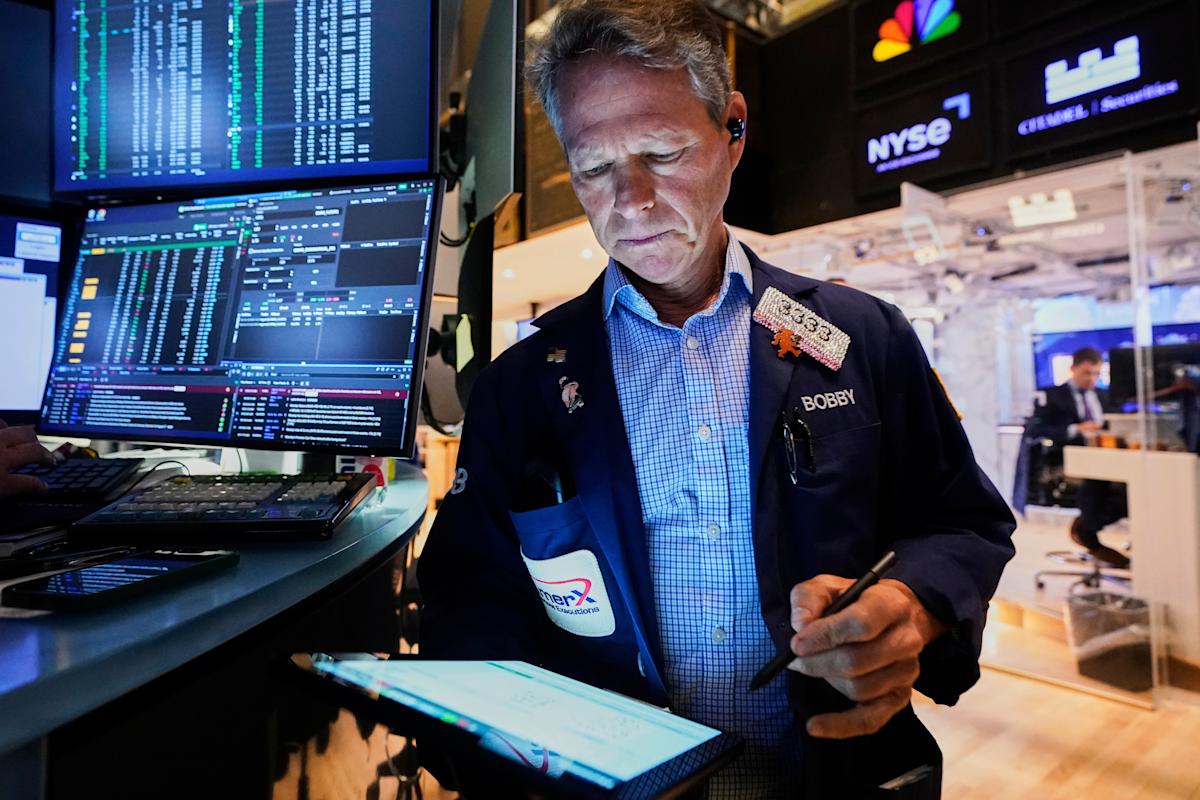US stock futures are currently trading flat as investors eagerly anticipate a second day of trade talks between the United States and China. The discussions follow a promising initial meeting, which has left many hopeful for a positive outcome. Futures tied to the Dow Jones Industrial Average, S&P 500, and the tech-heavy Nasdaq 100 are holding steady, reflecting a cautious optimism among market participants.
The stock market showed slight gains on Monday, fueled in part by encouraging statements from U.S. officials. Treasury Secretary Scott Bessent remarked on the productive nature of the meetings in London, while President Trump acknowledged the complexity of negotiations with China but expressed overall optimism, stating that he had received “good reports” from the talks. These remarks have helped bolster market confidence as investors cling to the hope that a resolution to the ongoing trade tensions could be on the horizon.
As the representatives from both countries prepare to reconvene in London at 10 a.m. on Tuesday, they are expected to dive deeper into discussions surrounding rare earth materials and technology trade. These topics are critical, particularly given the heightened stakes involved in U.S.-China relations. Investors are keenly aware that a resolution could have far-reaching implications for global economic stability, especially as tensions between the two nations have created a climate of uncertainty.
In related news, the financial community is also keeping a close eye on the release of the May Consumer Price Index (CPI) report, scheduled for Wednesday. This report is anticipated to provide crucial insights into the inflation landscape amid the ongoing evolution of President Trump’s trade policy. Analysts expect an increase in consumer prices for May, which could further influence market dynamics and Federal Reserve policy moving forward.
The backdrop of the trade talks and upcoming inflation data has resulted in a somewhat flat market ahead of these significant events. Investors see potential opportunity in the trade negotiations, and analysts believe that the outcomes could shape market sentiment in the near future.
As both countries pursue a path towards a more stable trading relationship, it’s clear that the implications of these talks extend beyond just the immediate markets. A successful negotiation could ease existing trade frictions, while failure to reach an agreement could exacerbate the already high risks to the global economy. The intricacies of these discussions highlight the delicate balance that must be navigated to achieve a favorable outcome for both nations.
The potential implications of these discussions are paramount, especially considering the volatility characterized by recent trading patterns. Investors seem to be cautiously optimistic, grounded in the notion that productive talks could eventually lead to a de-escalation of trade tensions.
With the fate of these trade talks hanging in the balance, traders and market watchers alike are bracing for an eventful week. The anticipated outcomes could usher in changes in both domestic and international markets, potentially leading to shifts in investment strategies. As we await further developments, the importance of these negotiations cannot be understated, making it essential for investors to remain informed and prepared for any potential market reactions.
In conclusion, the flat trading action in U.S. stock futures reflects a moment of calm before what could be pivotal discussions between the U.S. and China. With the stakes high and the economic landscape evolving, investors are watching closely to see how these negotiations unfold and what it may ultimately mean for market trajectories. The commitment to resolving trade tensions remains a priority, highlighting the interconnectedness of our global economy and the importance of diplomacy in fostering stability. As the week advances, all eyes will be on the developments that emerge from these talks in London and the ensuing market response.
Source link









